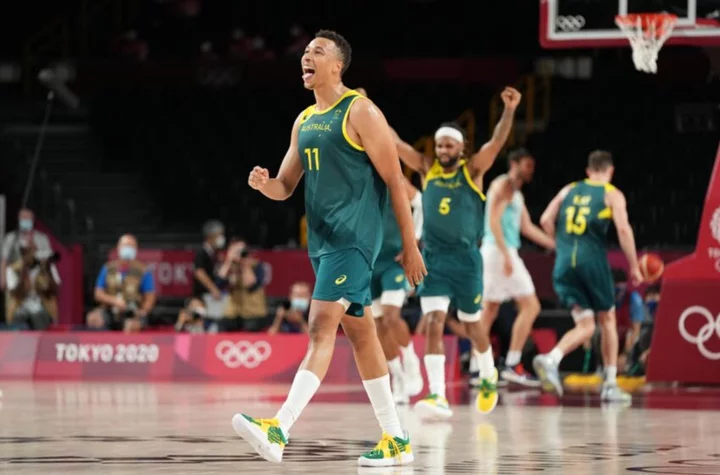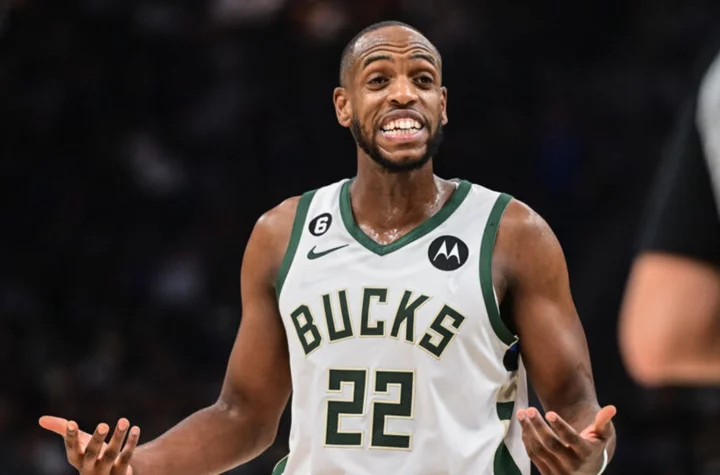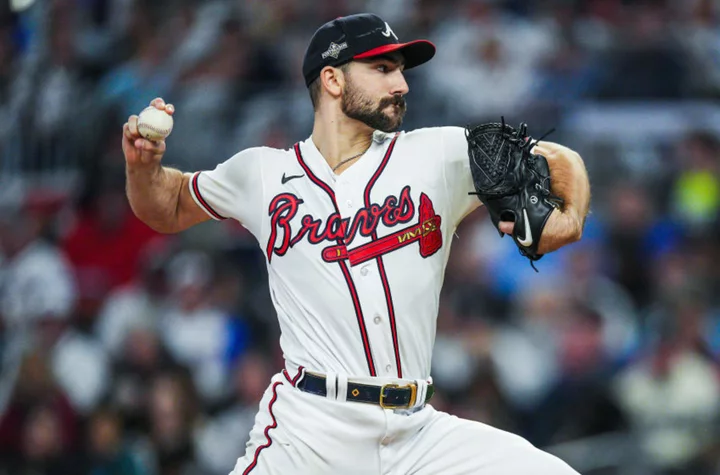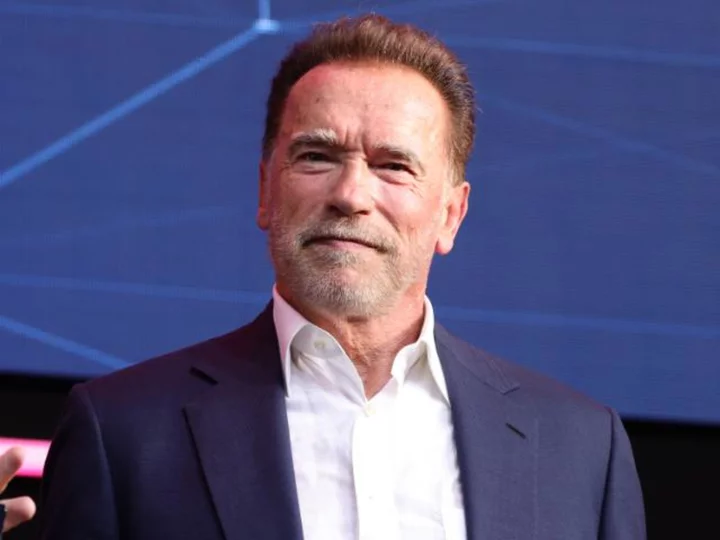Dante Exum, a former top-5 NBA Draft pick, spent two years in Europe to find his basketball rhythm. Now, he's back in the NBA. Will his return be better than his debut?
Selected No. 5 overall in the 2014 NBA Draft, the Australian guard Dante Exum came into the league with what could be best summarized as untapped potential.
At 6-foot-6, with a nearly 6-foot-11 wingspan, decent top speed, and a baseline-to-baseline drive for the game alongside a good feel for it at his age, led many to believed Exum could be a future star.
His rookie season was underwhelming, to say the least, and his sophomore season plateaued at best. His lack of a 3-point shot all but negated his previously perceived athletic potential and then he got hit with the injury bug — shoulder, ankle, hamstring, knee, and more. He managed to appear in only 14 games in his third season in the league, and then 41 over his next two seasons combined. Exum needed a restart.
Dante Exum reset his career in the Euroleague
He found it in Europe, signing with Euroleague side FC Barcelona in the summer of 2021. He spent the next season playing for Lithuanian and Euroleague legend Sarunas Jasikevicius. A former point guard himself, Jasikevicius helped Exum grow and more importantly, the Aussie was able to stay healthy.
In the summer of 2022, Exum signed for Partizan Belgrade. The legendary Serbian club was bolstering its roster for its return to Euroleague. Exum thrived under an even more demanding coach, Zeljko Obradovic, arguably the greatest in European basketball history.
Once again, he stayed healthy, and his lack of starts can easily be chalked up to the difference in European substitution patterns and rotations. He saw increases in points per game, assists per game, 3-point percentage, and more as Partizan won their first domestic title over arch-rivals Red Star Belgrade and just barely missed out on the Euroleague Final Four.
Now, Exum is coming back to the NBA, signing a one-year deal with the Dallas Mavericks after his two-year European hiatus. So the question remains, is Exum better?
What can Dante Exum do for the Dallas Mavericks?
Exum is undoubtedly better. A simple glance at his numbers in the two areas he primarily struggled in during his time in the NBA — availability and 3-point shooting — show clear improvements.
He played in nearly every possible game for Partizan last season, and nearly 70 percent of all games for Barcelona the season before. Last season was also his best 3-point shooting season ever when you factor in volume — 53 percent from three but only 60 attempts in his lone season in Spain, Exum shot 38 percent on 201 attempts across all competitions last year.
An improvement like this though calls for film review, which does provide reasons to doubt Exum's leap. This is simply because the degree of difficulty on these shots is lower than it will be in the NBA.
For starters, the distance of the 3-point shot is shorter: 22 feet and 1.75 inches vs 23 feet and 9 inches. Secondly, some of these shots came in Partizan's domestic league, the Adriatic Basketball Association, which can feature a significant drop in opponent quality compared to Euroleague play for most games. Lastly, Exum was left open a lot. At times, wide open, and essentially dared to shoot.
As the numbers show, this turned out well a decent amount of the time.
That's the good, here are just a few looks at the bad.
Another concern is how many of these looks come out of high pick-and-roll scenarios. Do the Mavericks genuinely see Exum as someone running multiple high pick-and-rolls for them? Why would he take any of those reps from Luka Doncic, Kyrie Irving, or even Seth Curry for that matter?
A look at Exum's pick-and-roll play, beyond just the 3-point shooting is concerning as well.
One thing that is under-discussed in Exum's game is how stiff he looks. Exum gets labeled an athlete because of his size, length, and overall speed but you'll see in clips before how structured and predictable his movements are when he has the ball. He has zero shiftiness or elusive elements to his on-ball game and it severely impacts his ability to be a threat when moving east/west and makes him very easy to defend even for smaller players.
Those clips also splice in two other glaring weaknesses he has: he either can't or won't shoot mid-range jumpers even with a notable height advantage, and his finishes at the rim do not fit his player profile. He has size and vertical advantages, yet opts for scooping lay-ups and finesse, an approach often utilized by smaller guards.
Another concern for Exum's improved numbers is in his free-throw shooting. He shot 4.6 free throws per game for Partizan in Euroleague last season, good enough for sixth in the league.
That seems unlikely to transfer to the NBA given the lowering of his athletic advantages, and the fact that he will now be a spot role player instead of a lead guard. How much did the additional free-throw shooting aid his overall shooting improvement? Maybe not a lot, but certainly more than zero.
Exum's statistical improvements are not all in doubt. Given his size and speed, he remains an effective transition player and overall is much more effective when given a running start and attacking north/south over east/west.
If Exum can hit some shots to start the season, it would behoove the Mavericks coaching staff to pursue opportunities to get him the ball on the run — either in transition or flying off screens — and position themselves to tap into both of Exum's most impactful offensive skills.
Exum flashed some other skills during his two-year stint in Europe as well. He's comfortable staying patient with his dribble on drives, and keeping it that extra half-second or so is sometimes critical in setting up a teammate.
He also will use his size to his advantage against smaller guards in the post. This will likely be a last resort for Dallas but isn't a bad thing to have in the toolkit.
Exum's offense may be a bag of uneasiness, doubts, and overall concerns about the situation and consistency but his defense is not. With his size and speed, he is more than comfortable guarding positions 1-5, something he did regularly with Partizan last season.
Yes, he would struggle to switch onto the better offensive centers in today's NBA such as Joel Embiid, Nikola Jokic, and even Jonas Valanciunas but please, tell us who doesn't.
He's also comfortable picking up full-court, something we're seeing NBA teams do more and more to try to get themselves an advantage on each possession. His length can prove troublesome for regular-sized guards, and he does a good job of applying perimeter pressure without fouling. Lastly, he covers ground quickly which helps him be a very effective help defender.
Exum's versatility on this end likely gives the Mavericks a lot of functionality on the defensive end lineup-wise. They can go big, and play him with Irving, Doncic, Grant Williams, Maxi Kleber or Dwight Powell. They can also go small, and try out Irving, Curry or Tim Hardaway Jr., Exum, Doncic, and Williams, Kleber, or Powell.
Ultimately, Exum's success will depend on the Mavericks first and then himself. If Dallas acquired him to be an additional ball-handler and offensive initiator, then they may have set him up for failure.
If they brought him in to replace some of the pieces they lost in the Irving trade, such as Dorian Finney-Smith, then Exum needs to consistently knock down open 3s, capitalize on transition opportunities, improve at attacking closeouts, and be the Swiss Army knife on defense that he always has been.
In Europe, Exum is a creator. In the NBA, he is a play finisher. If Dallas recognizes that, then they will have found an absolute steal by signing Exum for the veteran's minimum.









